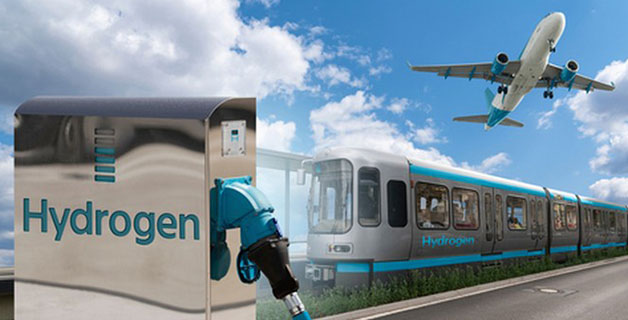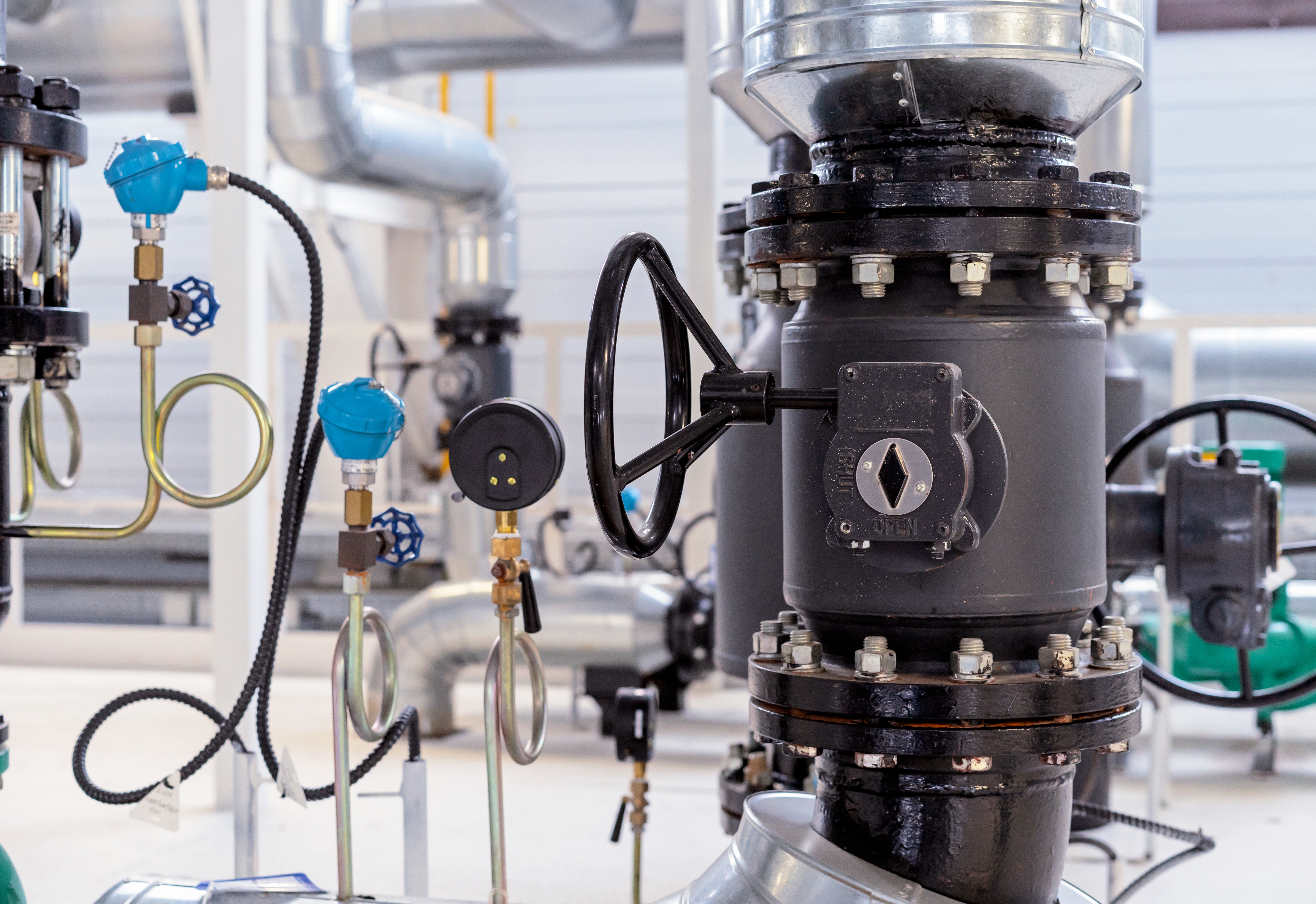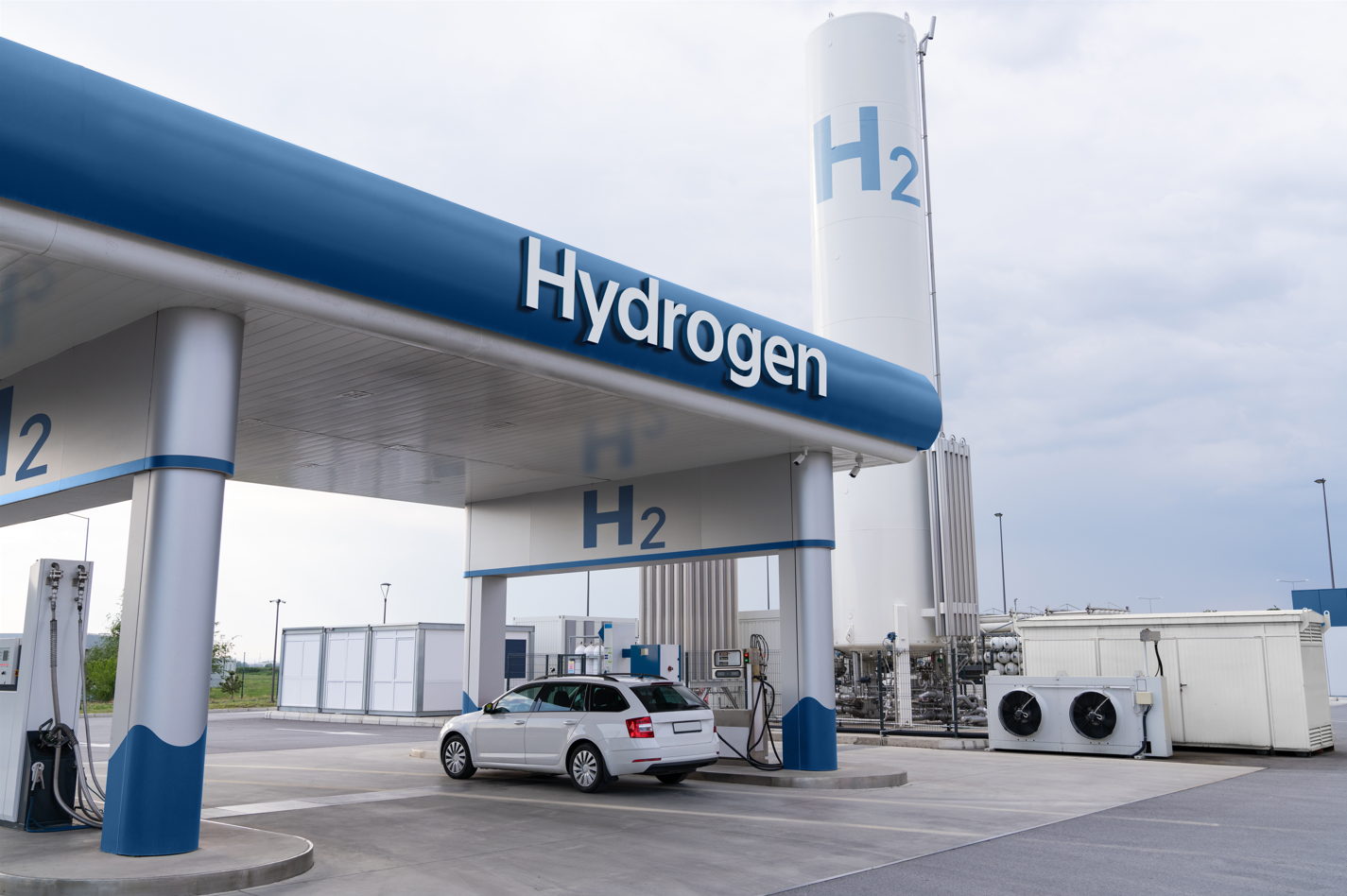Featured Articles
2022-09-30
The right support of policy to incentivize the sales of hydrogen vehicles
 The policies and subsidies provided by the government will be a crucial key to bringing the sales of hydrogen vehicles.
The policies and subsidies provided by the government will be a crucial key to bringing the sales of hydrogen vehicles.From this phenomenon above, more in-depth research can be done. The biggest bottleneck in the development of hydrogen energy vehicles is not the development of the car body itself, but the acquisition of new energy hydrogen fuel. Lithium vehicles, which are also new energy vehicles, only use charging devices to achieve the effect of energy storage, and the barriers to entering the market are not high. However, the development of hydrogen vehicles must be fully supported by the government in terms of policies, and sufficient subsidies should be given to the hydrogen refueling infrastructure, as well as to the sales of hydrogen vehicles and the setting of hydrogen refueling stations. The above is only the policy basis for bullishness, but it is still impossible to ensure that the expected synergy can be achieved. In terms of implementation, there must be correct supporting measures to stimulate consumers to buy hydrogen vehicles.
Both the central and local governments of South Korea subsidize hydrogen vehicles, and buyers of Hyundai Motor's Nexo only need to pay about half the price. In addition to end-user subsidies, the government provides further incentives for consumers in the form of duty-free concessions and a 50% discount on public parking spaces in the low-emission category 1 eligibility; Korea Expressway Corporation (KEC) also offers 50% discounts on highway tolls. In addition, the Ministry of Transport of South Korea has strengthened cooperation with the Korea Expressway Corporation and actively set up hydrogen refueling stations. The 12 hydrogen refueling stations that were originally operating on the highway at the end of 2021 will be increased to 43 and 52 units in 2022 and 2023, respectively. This has created a strong willingness for people who regularly use highways to buy hydrogen vehicles. It can also explain why, according to statistics from H2 Stations.org, there are only 95 hydrogen refueling stations in operation in South Korea in 2020, far less than Japan's 159 units, have nearly doubled the domestic sales of hydrogen vehicles.
The development strategies and practices of the governments and industries of Japan and South Korea in hydrogen energy and hydrogen vehicles are similar, but the strength and effectiveness of the measures are different. At present, the favorable environment for the sales of hydrogen vehicles in South Korea will encourage and guide the positive cycle of Hyundai Motors in the development of hydrogen vehicles, create a larger pattern, get rid of the role of followers, and open up different vision from the main rival Toyota Motor.
NEXO's sales in overseas markets lag behind Mirai, and closing the gap is a top priority, so Hyundai will take more active actions from 2022. The company once withdrew from the Japanese market in 2009 due to dismal sales. Based on the rapid growth of electric vehicles in South Korea, which has inspired the confidence of the Japanese market, it announced in February 2022 that it will sell new forms of online sales, including NEXO in South Korea, return to the old place. In April 2022, it was further announced that NEXO officially obtained the new energy vehicle license issued by the Chinese government, taking the first step in this important global market and will operate in several hydrogen energy demonstration cities. In August 2021, the Chinese government designated Beijing, Shanghai, Guangdong, Henan and Hebei for the first round of hydrogen vehicle demonstration application city clusters, and proposed a goal of maintaining 50,000 hydrogen vehicles by 2025 in the medium and long-term plan for the development of the hydrogen energy industry. Although Toyota and a number of Chinese automakers have jointly established a fuel cell system research and development company, Mirai has not yet been listed in China.
References
-
2022-02-02, 技術オフィス Tech-T,水素エネルギー社会(31)MIRAIとNEXO 2021年販売台数
-
2022-02-06, 技術オフィス Tech-T,水素エネルギー社会(32)日韓 水素ステーション比較
-
2018-03-27, Hyundai Press release, Hyundai Begins Sales of NEXO Fuel Cell Electric Vehicle
- 2022-08-02, Hyundai Press release, Hyundai Motor’s XCIENT Fuel Cell Heavy-Duty Trucks to Hit German Roads
- 2021-09-23, Pulse by Maeil Business News Korea & mk.co.kr, Lee Ha-yeon, Korea starts test on hydrogen trams for commercialization by 2023
-
2022-1-20, Electrive.com, Carrie Hampel, S.Korea to acquire 624 H2 fuel cell buses by 2025



